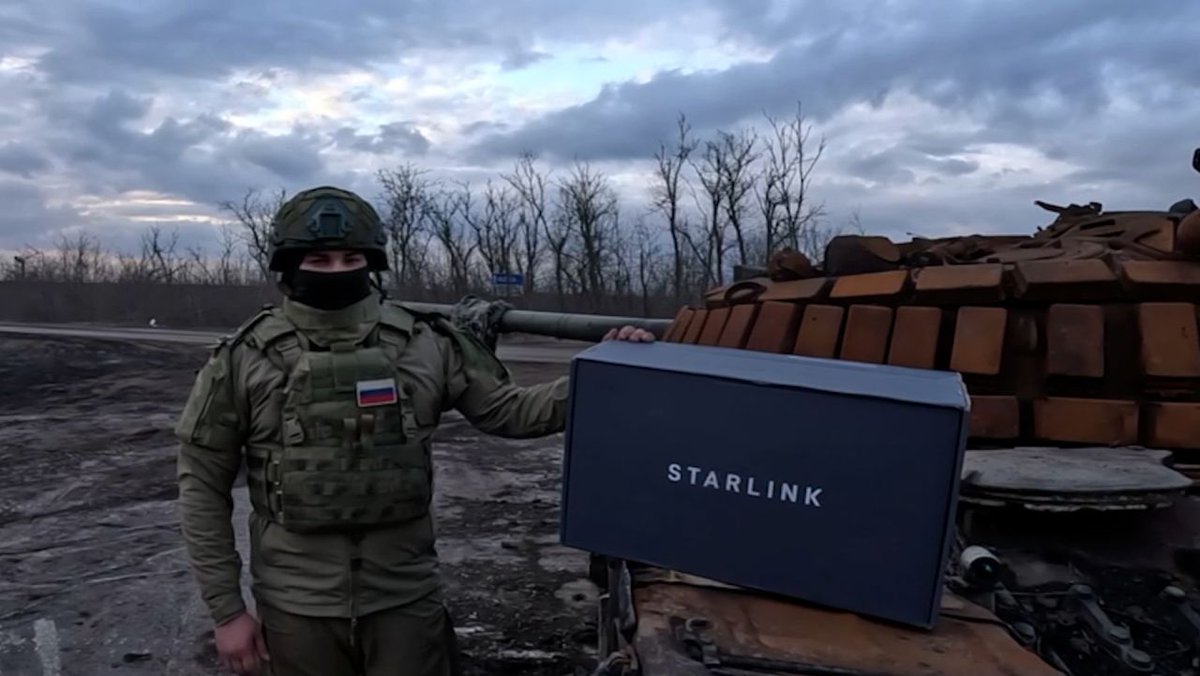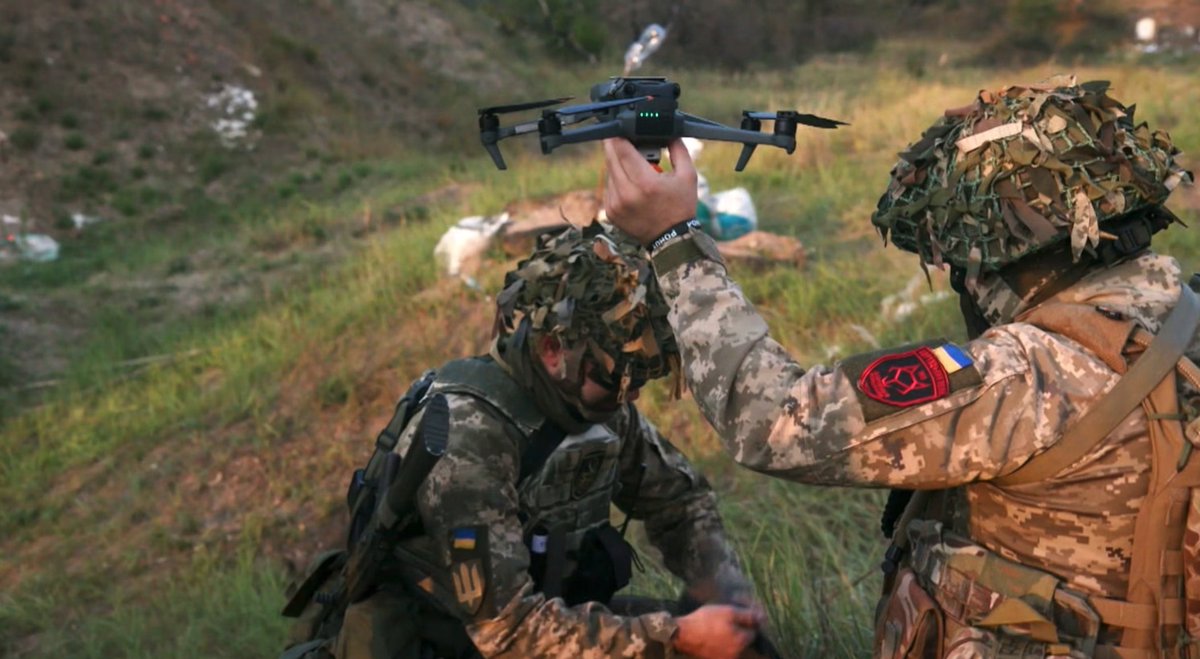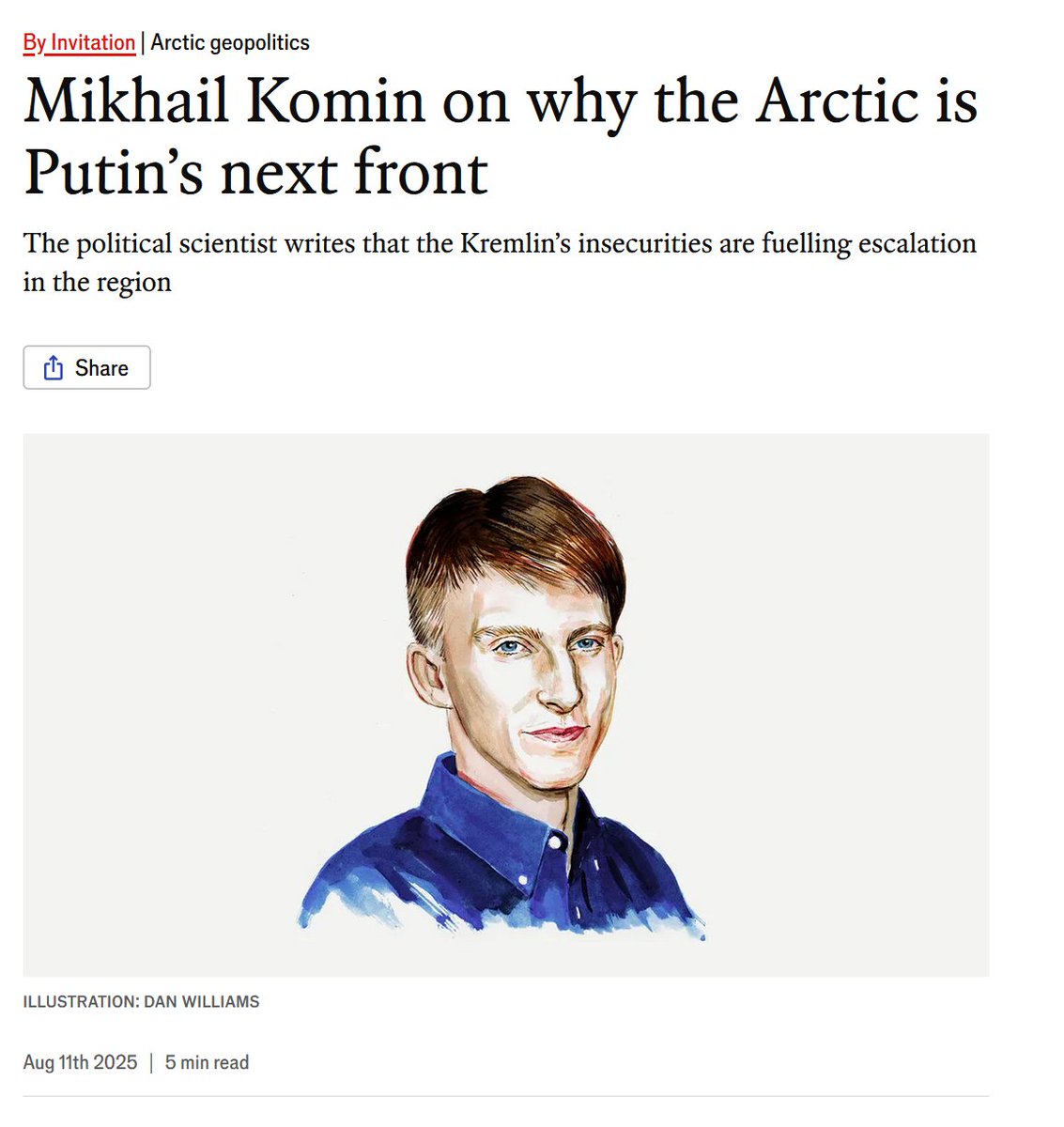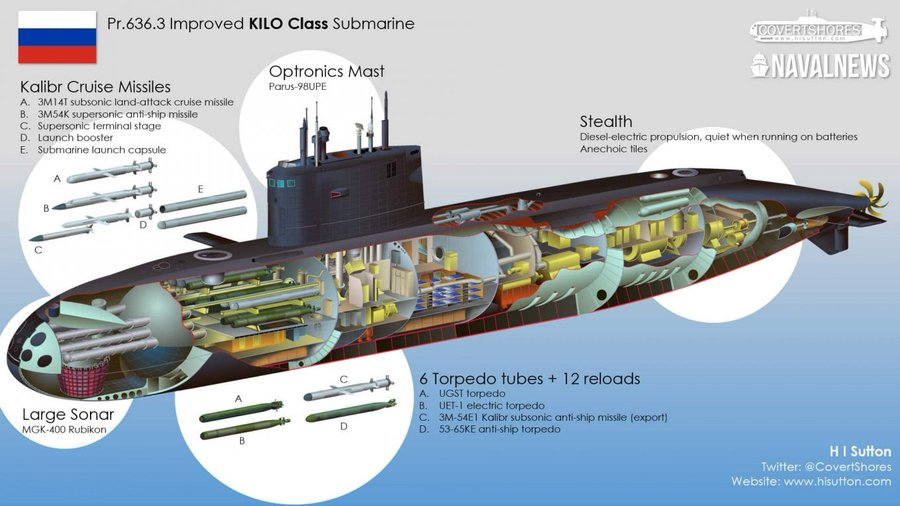🧵1/ Ukraine isn’t just fighting Russian troops - it’s battling remnants of its Soviet military past.
A new generation of generals is clashing with old thinking that threatens battlefield effectiveness.
Here's why that matters now more than ever:
A new generation of generals is clashing with old thinking that threatens battlefield effectiveness.
Here's why that matters now more than ever:

2/ Maj. Gen. Mykhailo Drapatyi is at the center of this shift.
After a deadly Russian strike killed over 70 trainees on June 1, Drapatyi resigned in protest, saying an army “where no one is responsible for a defeat is dying from within.”
After a deadly Russian strike killed over 70 trainees on June 1, Drapatyi resigned in protest, saying an army “where no one is responsible for a defeat is dying from within.”

3/ His resignation stunned many.
Drapatyi, just 42, was Ukraine’s ground forces commander.
A decorated officer who’s been fighting Russians since 2014 and who represents a new, reform-minded generation of Ukrainian leadership.
Drapatyi, just 42, was Ukraine’s ground forces commander.
A decorated officer who’s been fighting Russians since 2014 and who represents a new, reform-minded generation of Ukrainian leadership.

4/ Two days later, Kyiv quietly reassigned him to a new role: commander of Ukraine’s joint forces.
It was likely an attempt to keep him in the fight while managing political fallout.
It was likely an attempt to keep him in the fight while managing political fallout.

5/ This isn’t just personal.
Drapatyi’s struggle reflects a larger battle inside Ukraine’s military: new officers shaped by war vs. Soviet-trained commanders like Gen. Oleksandr Syrskyi, Ukraine’s current commander-in-chief.
Drapatyi’s struggle reflects a larger battle inside Ukraine’s military: new officers shaped by war vs. Soviet-trained commanders like Gen. Oleksandr Syrskyi, Ukraine’s current commander-in-chief.

6/ Many frontline soldiers believe Drapatyi’s approach works.
He emphasizes initiative, accountability, and flexible tactics.
Older commanders, critics say, rely on rigid top-down control that causes unnecessary casualties.
He emphasizes initiative, accountability, and flexible tactics.
Older commanders, critics say, rely on rigid top-down control that causes unnecessary casualties.

7/ In May, Maj. Oleksandr Shyrshyn of the 47th Brigade publicly criticized “clueless generalship” and “stupid missions” during the Kursk offensive.
His frustration reflects growing discontent among field officers.
His frustration reflects growing discontent among field officers.

8/ Drapatyi is famous for taking initiative.
In 2014, he led a dramatic armored breakout through Russian territory.
In 2024, he stopped a major Russian push near Kharkiv and helped stabilize the front.
In 2014, he led a dramatic armored breakout through Russian territory.
In 2024, he stopped a major Russian push near Kharkiv and helped stabilize the front.

9/ Once appointed, Drapatyi pushed reforms - replacing ineffective commanders, modernizing training, and focusing on battlefield accountability.
His leadership style earned trust among troops.
His leadership style earned trust among troops.

10/ Yet Ukraine’s warfighting suffers from old habits: excessive bureaucracy, suppression of initiative, and command structures that reward loyalty over performance. 

11/ One Ukrainian soldier said: “If I fire extra shells preemptively, I spend hours justifying it with paperwork. It kills initiative.”
Others said Drapatyi is one of the few leaders who listens and acts.
Others said Drapatyi is one of the few leaders who listens and acts.

12/ As drone warfare intensifies, Ukraine needs leaders who adapt fast.
The new UAS chief, Robert Brovdi, is reportedly targeting 35,000 Russian casualties a month, with tactics focused on eliminating drone operators.
The new UAS chief, Robert Brovdi, is reportedly targeting 35,000 Russian casualties a month, with tactics focused on eliminating drone operators.

13/ Ukraine’s military began shifting toward NATO-style mission command after 2014, but old ways persist.
Winning will require a full break from the Soviet system, both in spirit and structure.
Winning will require a full break from the Soviet system, both in spirit and structure.

14/ The stakes couldn’t be higher.
As NATO’s new Supreme Allied Commander Europe said, Ukraine can still win.
But only if it evolves. And fast.
As NATO’s new Supreme Allied Commander Europe said, Ukraine can still win.
But only if it evolves. And fast.

Addition:
DeepState has reported the systematic submission of false reports by some units of the Vuhledar tactical group, which has created a distorted perception of the situation on the line of contact. pravda.com.ua/eng/news/2025/…
DeepState has reported the systematic submission of false reports by some units of the Vuhledar tactical group, which has created a distorted perception of the situation on the line of contact. pravda.com.ua/eng/news/2025/…
• • •
Missing some Tweet in this thread? You can try to
force a refresh











